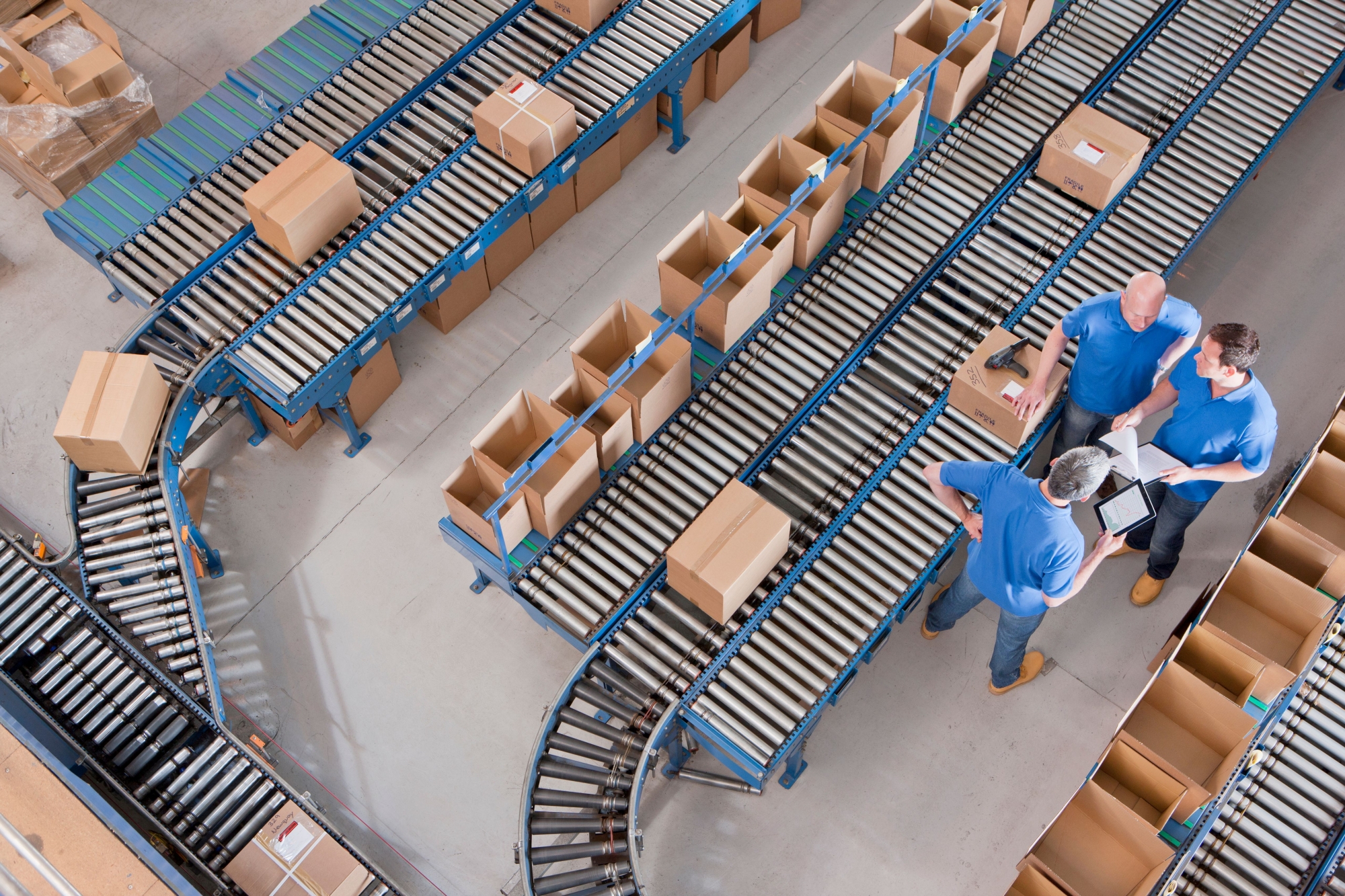COVID-19 has become a breaking point and a benchmark for the way in which we align and organise our company. What can we learn from this crisis? Where is our primary concern? What are we going to do differently in the coming months? What if COVID-19b comes along?
How do we go from Defence (crisis management) to building Resilience (towards the new normal) to Imagination (Corona as leverage to work in a fundamentally different way).
We would like to share some striking insights from the round tables
What we have learned:
- Dealing with Corona
- The concept of progressive insight. Tackling the crisis is an iterative process.
- Scenario thinking helps, but must be supplemented by the management of uncertainty
- Agile is no longer a buzzword
- The importance of acceleration in strategy implementation
- Virus tracing is a concern: we are losing a lot of privacy
- The employee is central:
- Strong leadership is necessary.
- Management of uncertainty
- A commitment to meaning and involvement
- Virtual (net)working works if it is driven by efficiency and pertinence, and if there is sufficient trust and maturity (among employees and managers)
- Virtual work can be very challenging mentally. Keep an eye out for the mental resilience of employees
There are three almost parallel lines of action that companies must play
DEFENCE
"Save the furniture"
- Strong leadership is necessary
The leaders are present and visible in the storm. People skills are additionally tapped into and trained.
- Management of uncertainties
Every company has its own uncertainties. This management translates into a mix of actions related to Defence, Resilience and Imagination.
- Employees who are not Operations-related will continue to work from home at least 60%
Let’s use the 40% real-time presence to boost the emotional connection.
- Absenteeism has improved greatly during the crisis
At first, some employees were not eager to come to work, out of fear/panic. After 2-3 weeks, however, they asked to come back to work. Being at home is not always easy. There was also fear of unemployment, job insecurity.
RESILIENCE
"A bending reed does not break"
- Well-being is the top priority, with a key role for the manager
Focus on the 4% of employees who use the COVID virus to drop out. Don't forget the other 4% of employees who can no longer disconnect and who feel almost guilty when they are busy with the children.
- Teleworking works, but...
The more digital your company becomes, the more distance from the employee, the greater the need for a high level of personal contact.
For the time being, those who work remotely are still sacrificing productivity and efficiency.
There is the risk of loss of connection. Virtual coffee chats, small gifts, etc., do help.
We take care of vulnerable employees, and consciously connect with those we do not hear or see.
- Managing complexity
The right complexity offers strategic benefits, but unnecessary complexity only costs money.
Resilience is about unravelling that complexity and focusing on the right things.
USING IMAGINATION
"Never waste a good crisis”
- Accelerate strategy, and certainly do not change it.
In times of crisis, you use your war chest acyclically to invest and to highlight projects.
Covid-19 is a catalyst to get things going faster. This can involve controlling costs, digitisation, teleworking, etc.
Employees now want peace of mind and guidance. So keep your strategy, but accelerate it.
- Examples of using imagination
"We are becoming a leading company in teleworking"
"Exploring new customers by shifting from B2B to B2C (in food)"
Our convictions - only reinforced by the corona crisis
1. People must (again) become central in organisations
The Corona crisis has ensured that employees are less, and therefore more present. Companies have seen that working from home/teleworking works. The non-production-related employees are less on-site, less visibly present. At the same time, efficiency increases. Their autonomy grows and they have more impact.
The levers for further expanding this successfully are:
- Commitment to meaningful work, strengthening the sense of purpose
- Opting for increased involvement of mature employees
- Managing with strong and supportive leadership
- Developing agile virtual teams.
Working from home requires mental resilience. Every battery needs time to recharge.
Managers can support this by planning team(work) moments, cherishing the connection, actively reaching out to employees themselves.
2. Belgian companies have to set the bar higher (again)
In the late 1980s, Belgium was the most productive country in the world (calculated on production per capita). Due to the relocation of a lot of mass production to low-wage countries, this is no longer the case. But we do remain world-class.
In 2020, the market is demanding further diversification, ever faster and better service, and that with the necessary cost efficiency. This creates increasing complexity.
And herein lies the opportunity for the future: the company that succeeds in managing that complexity and can focus on improving it will put its competitors out of the game.
Speed, service, flexibility, quality and experience are the new KPIs. And, with the Corona crisis, agility is added to this.
Efficiency and operational excellence are no longer synonymous with cost savings and delivery reliability alone; they represent the entire spectrum of improvement. Raising the bar is actually Stanwick's way of talking about the principle of Darwin's "survival of the fittest". If our companies want to be and remain world class, it will be necessary for them to be the first to adapt to the changing world around us.





